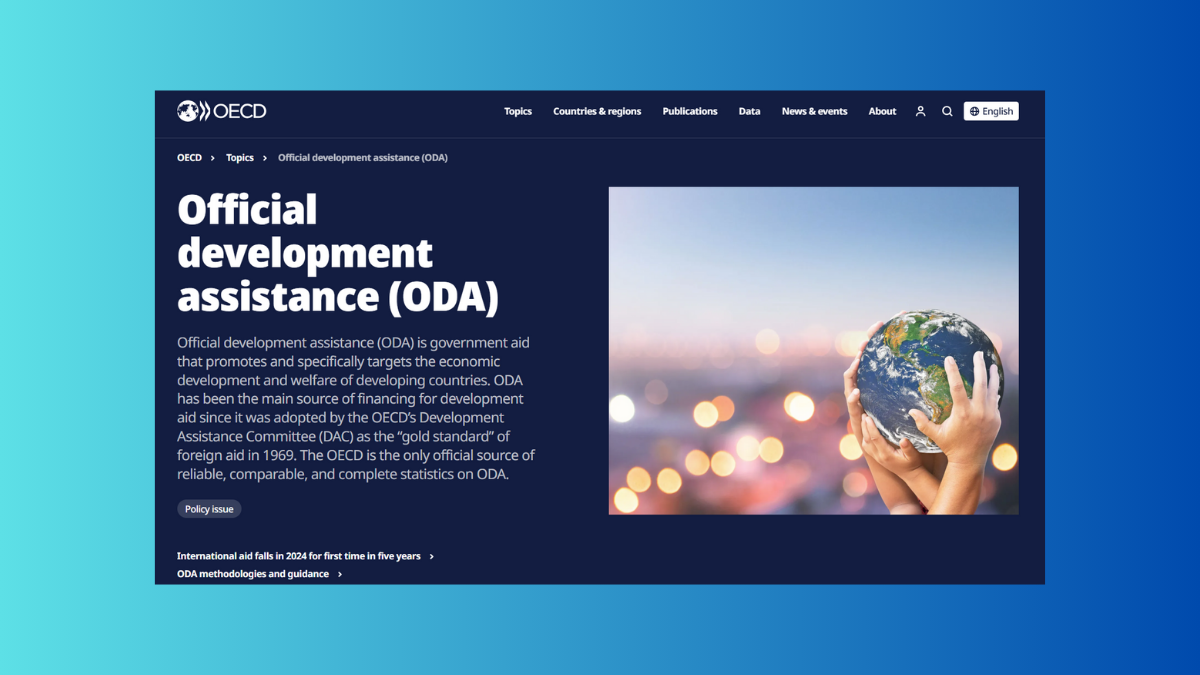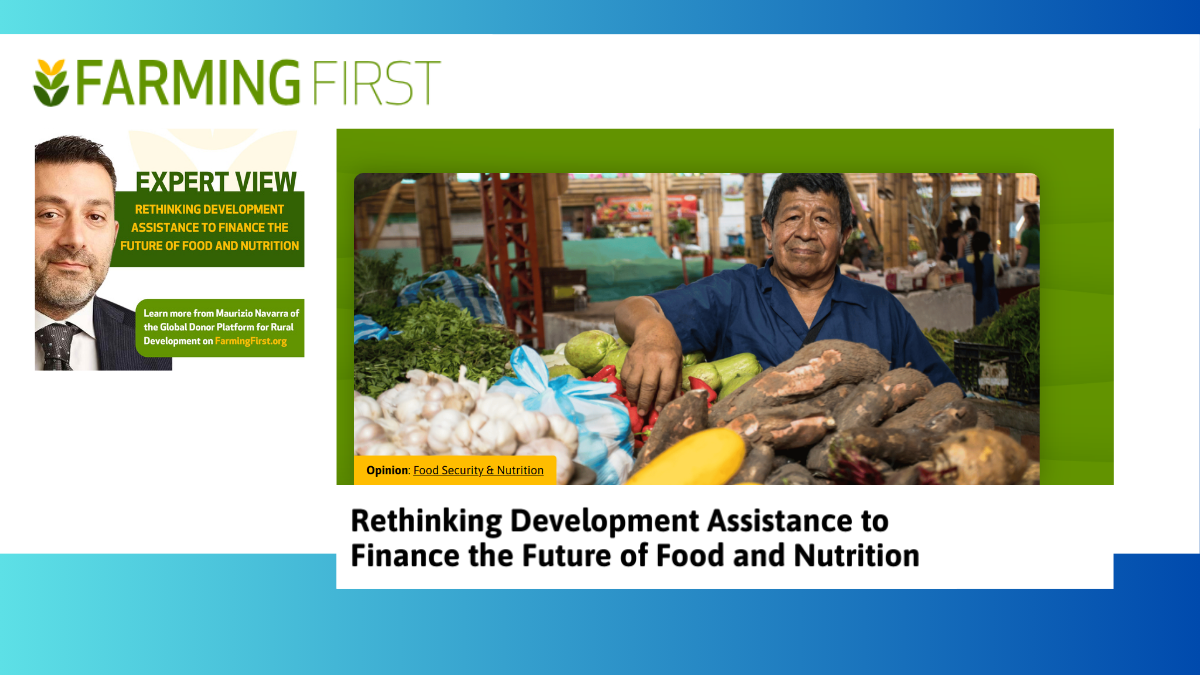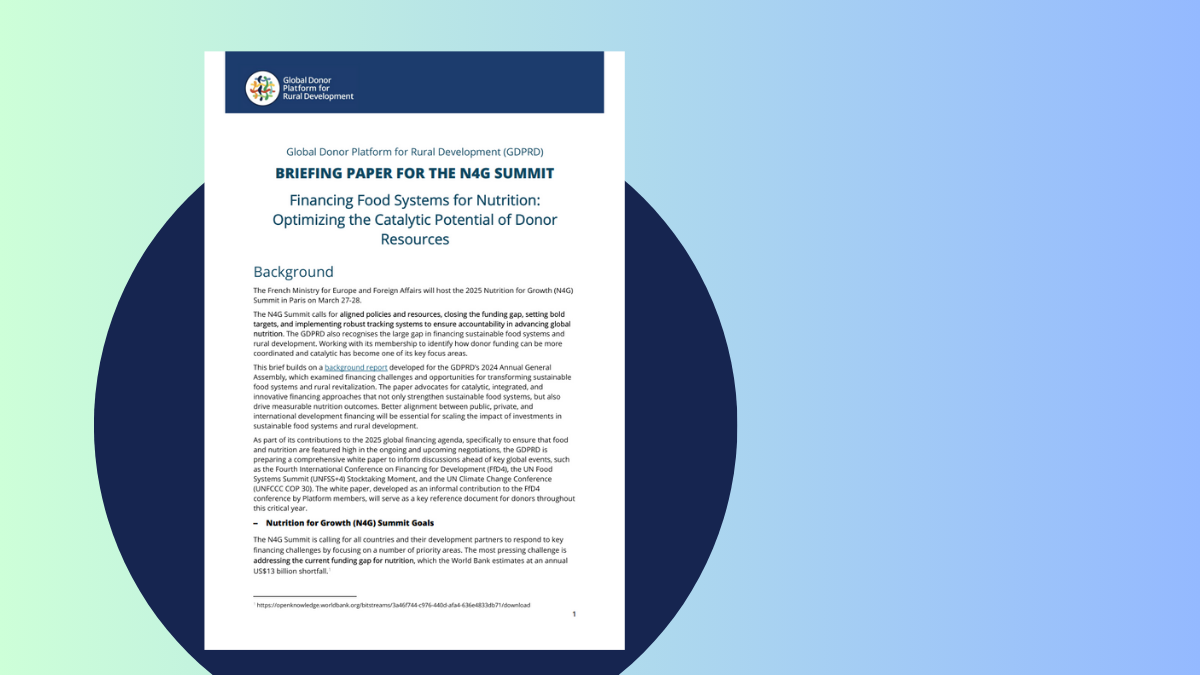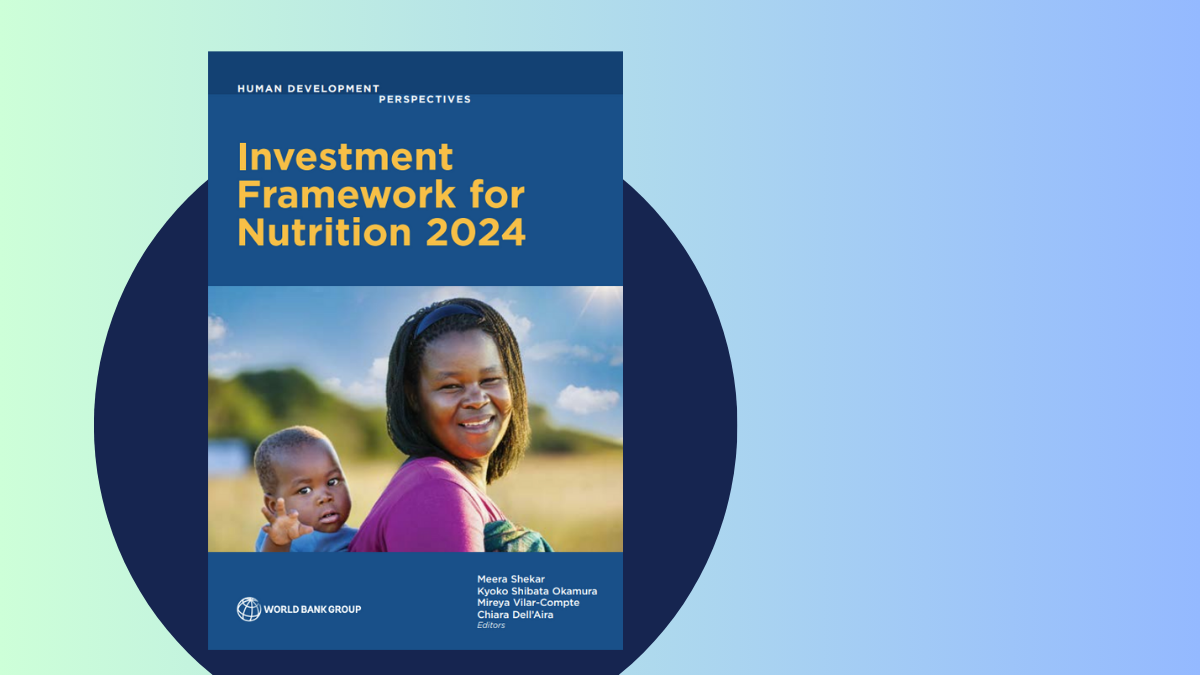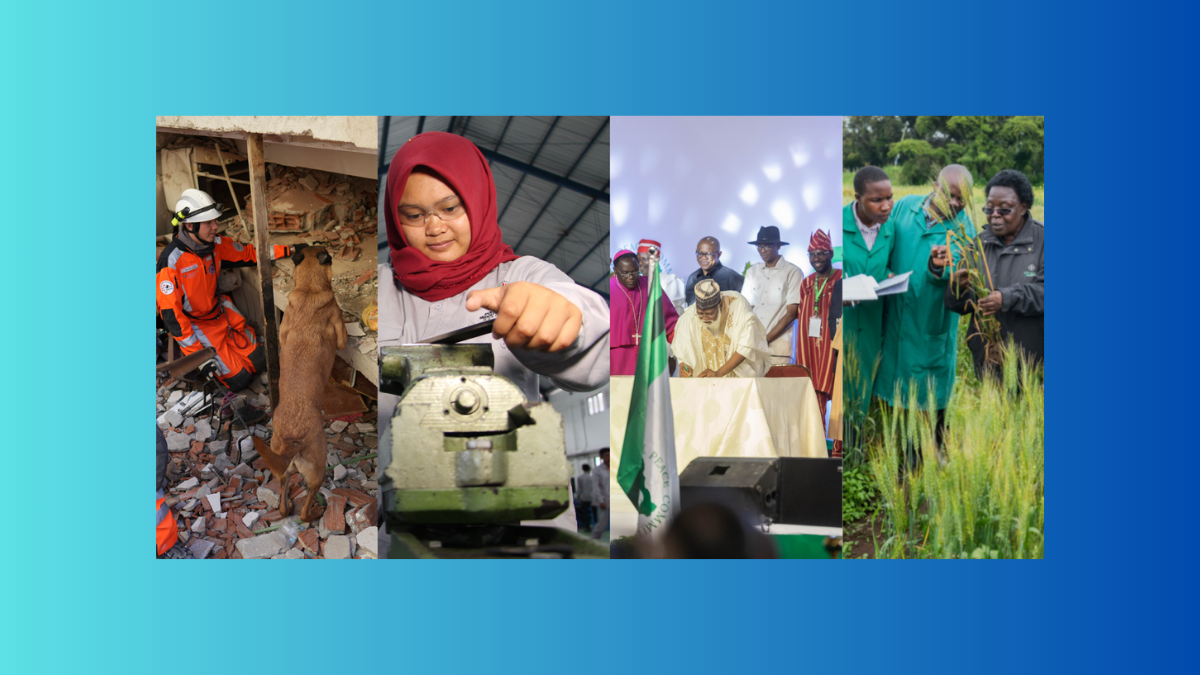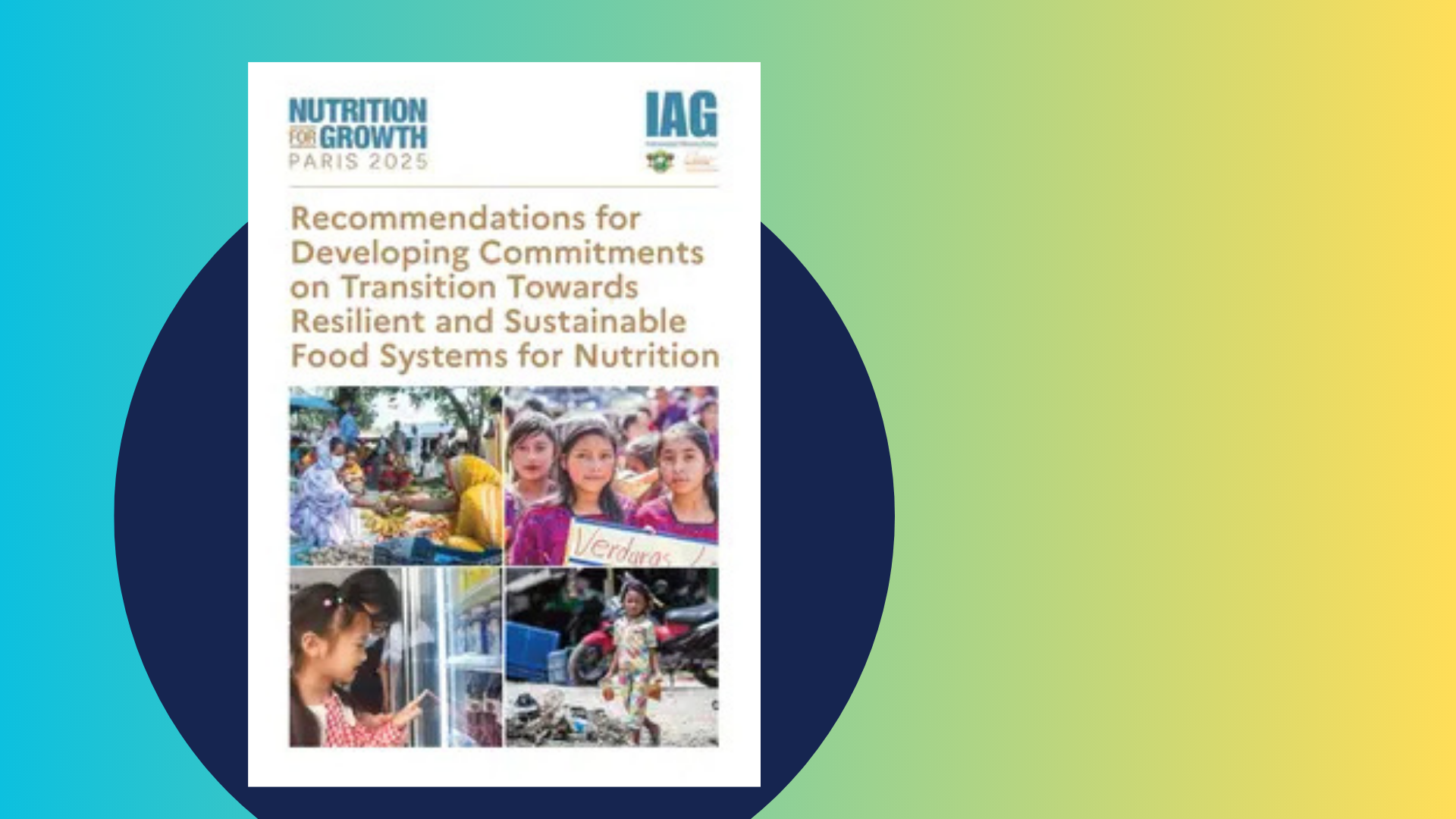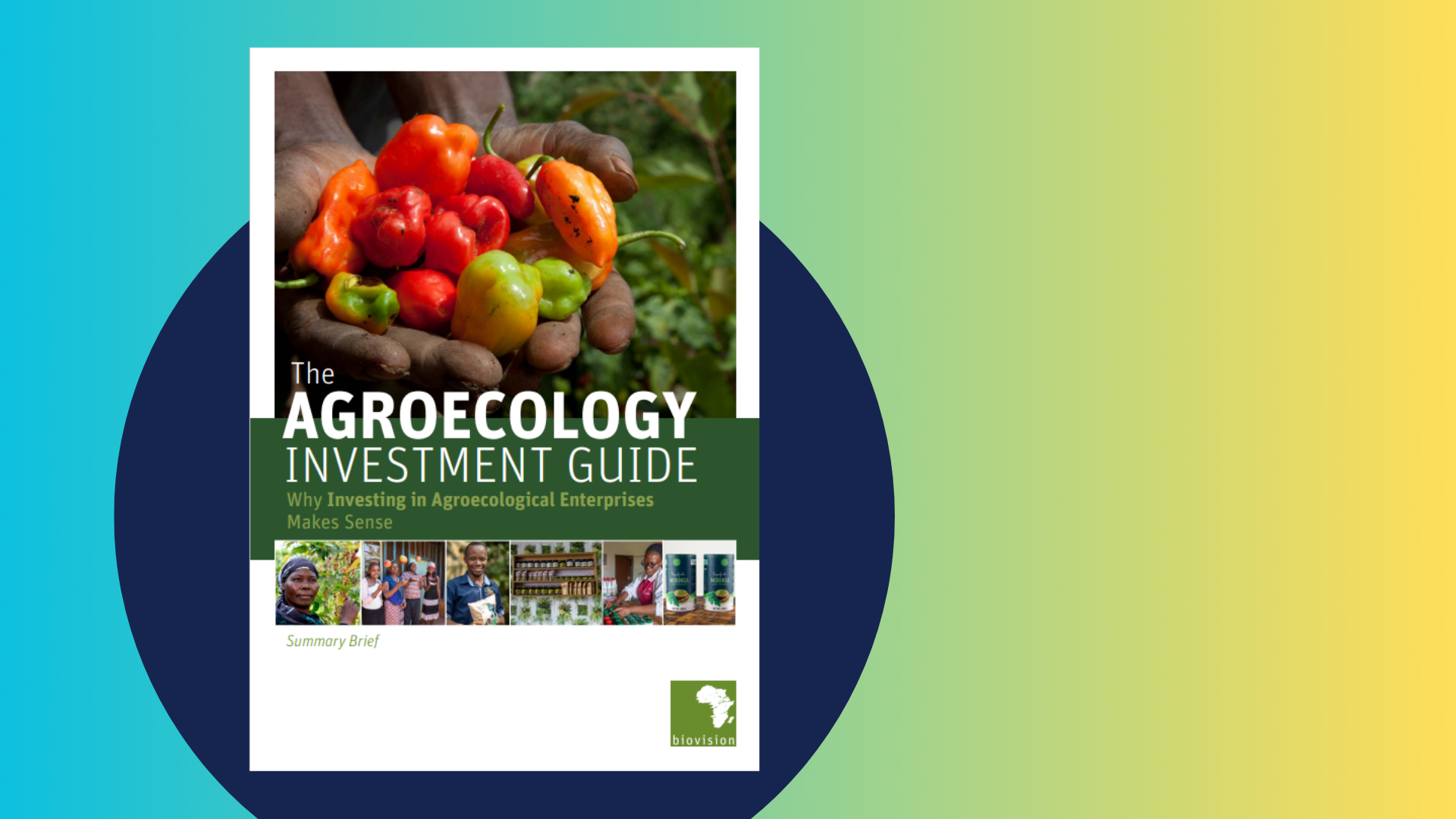Introducing the Donor Testing Cohort for the Catalytic Capital Framework
Michelle Tang2025-04-23T16:04:37+02:00The Donor Platform’s Thematic Working Group on Sustainable/Blended Finance for Food Systems, in partnership with the Agri-SME Learning Collective (ASLC), announces the donor testing cohort for the Catalytic Capital Framework. These donors are key to testing the framework, offering real-world insights on deploying catalytic capital to drive meaningful change in the agri-SME sector.


